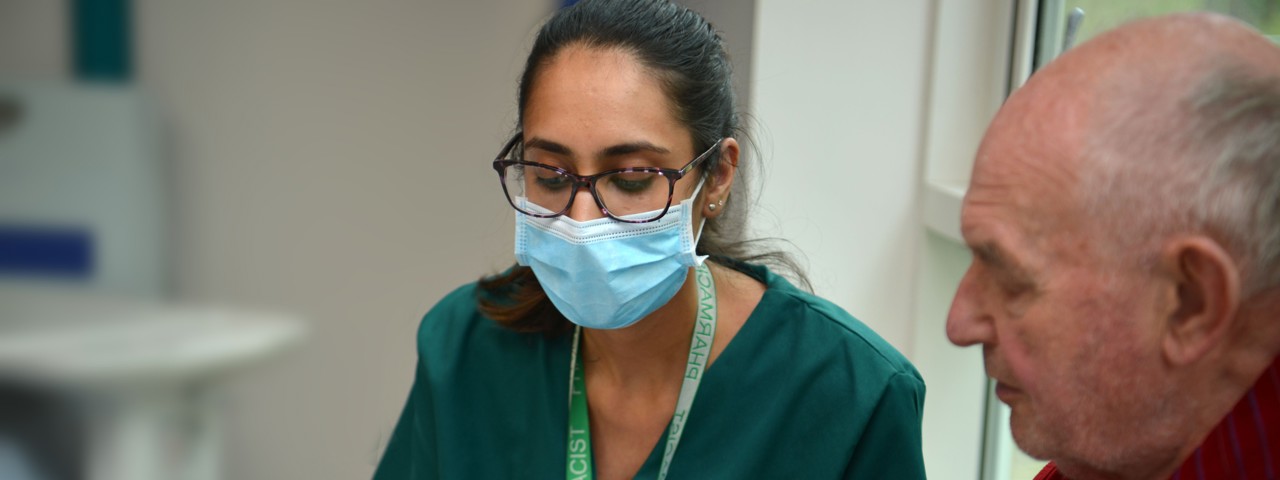Flexible cystoscopy aftercare advice
Advice following a flexible cystoscopy (a look into your bladder with a camera)
Read more
Advice following a flexible cystoscopy (a look into your bladder with a camera)
Read moreAnswers some of the questions that you or your child may have about flexible flat feet and its treatment
Read moreAdvice following a flexible sigmoidoscopy – an examination of your lower bowel
Read moreExplains a flexible sigmoidoscopy - an investigation of part of your large bowel (colon), what is involved and what the possible risks are
Read moreYou have been given this leaflet because you need to continue using a catheter for a while longer and you have been fitted with a flip-flow catheter.
Read moreInstructions for using your Florey@Home kit - Pack Two (male genitals)
Read moreFlorey@Home test instructions - Pack 3 (men with men)
Read moreInstructions for using your Florey@Home kit - Pack One (female genitals)
Read moreFor patients visiting the Urology Procedures department for a flow rate test to assess your urinary problem
Read moreThis link takes you to the NHS website for more information on having the flu vaccination in pregnancy.
Read moreExplains what to expect before, during and after a retinal angiogram (an eye test), with FFA or ICG
Read moreA procedure used to seal off varicose veins using ultrasound guidance - what it entails, risks and aftercare advice
Read moreDietary and lifestyle advice on managing IBS
Read moreGuides friends and relatives through some arrangements that they need to make and the options they have
Read moreGeneral advice on managing food allergies while your child is in school or nursery.
Read moreDietary advice for those struggling with a poor appetite or who have lost weight recently
Read moreDietary advice for people on a South Asian diet who are struggling with a poor appetite or have lost weight due to illness
Read moreStretches for children who have had serial casting and are required to do exercises as advised by their physiotherapist or orthotist
Read more